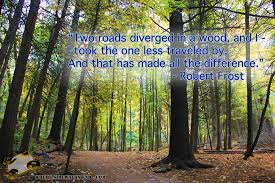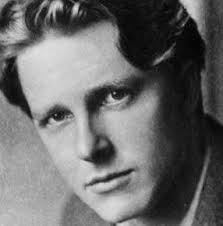The old stone mansion( wada chirebandi) by Mahesh Elkunchwar.
Wada Chirebandi by Mahesh Elkunchwar Mahesh Elkunchwar is renowned writer of Marathi cinema; there are more than 20 plays n his name. He has born on 9 th October 1939. He born at Vidarbha region in Maharashtra especially in Wada culture, we can see its influence in his drama also. This play Wada chirebandi is talk about the fall of Wada culture and also the dark side industrialism and its effect in small towns. Play written 35 year ago but it is still remain relevant to the contemporary society. This play is about the Wada culture of Maharashtra. Character list: · Aai · Venkatesh · Dadi · Ranju · Prabha · ...




Comments
Post a Comment